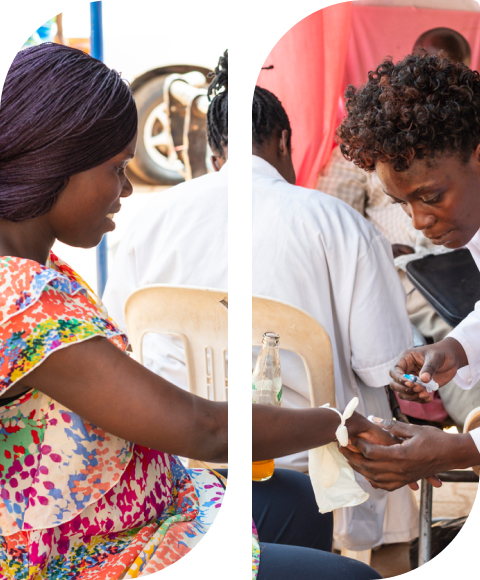
MWHs are typically located near district hospitals or health centres equipped to handle deliveries and obstetric emergencies. Pregnant women from remote areas are encouraged to stay at these homes as they approach their due date, usually around the last few weeks of pregnancy. The facilities offer basic amenities, nutritional support, and health education, creating a comfortable and supportive environment for expectant mothers.
Maternity Waiting Homes represent a promising innovation to improve maternal health access in Africa. By offering accommodation near healthcare centres for women from remote areas, MWHs can significantly reduce maternal and neonatal mortality rates. Successful implementation requires careful planning, community involvement, sustainable funding, and strong partnerships among key stakeholders. With these elements in place, MWHs can become a cornerstone of maternal health strategies in Africa, ensuring safer deliveries and healthier outcomes for mothers and their babies.